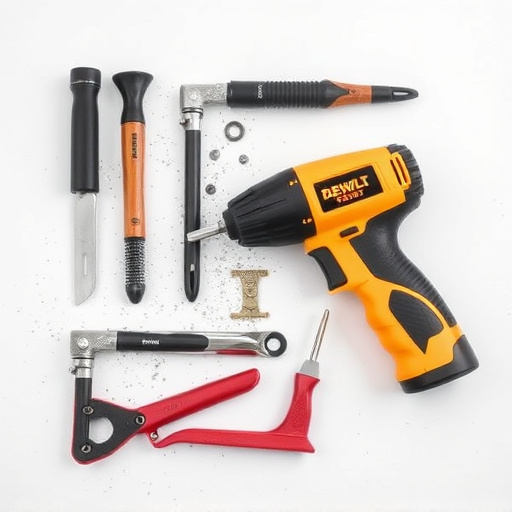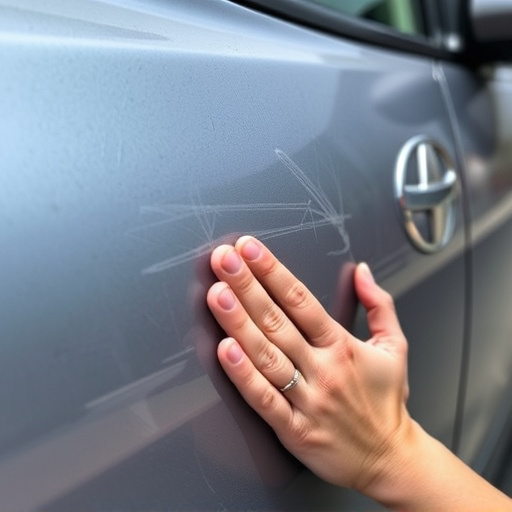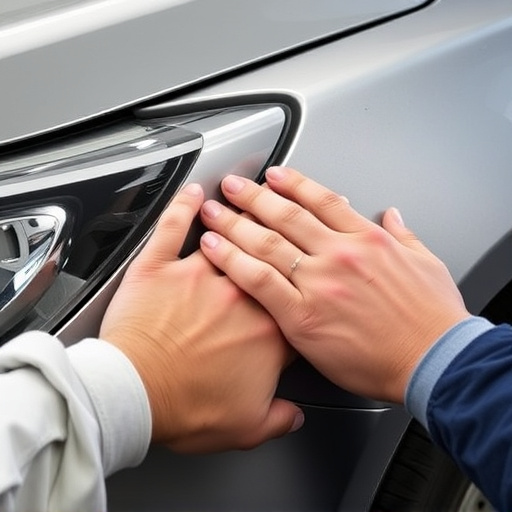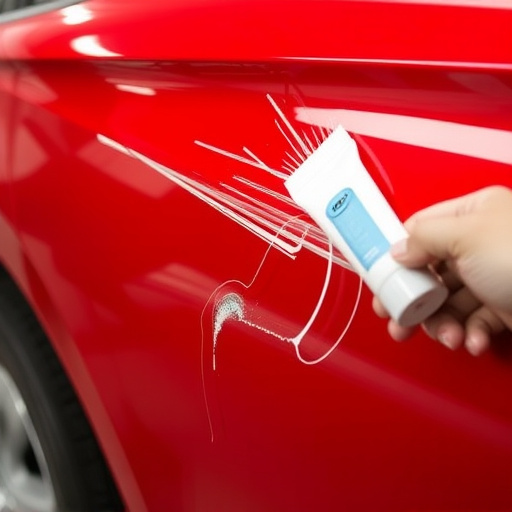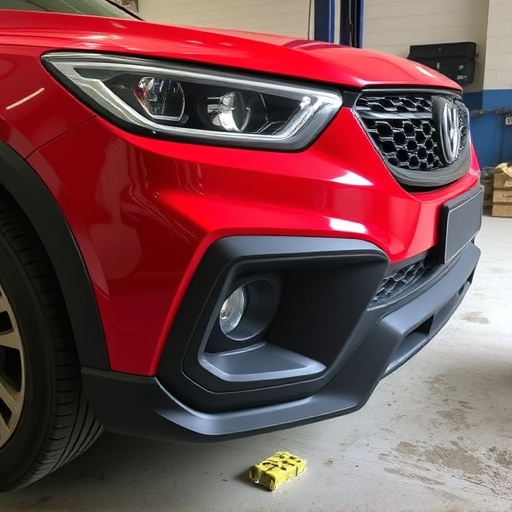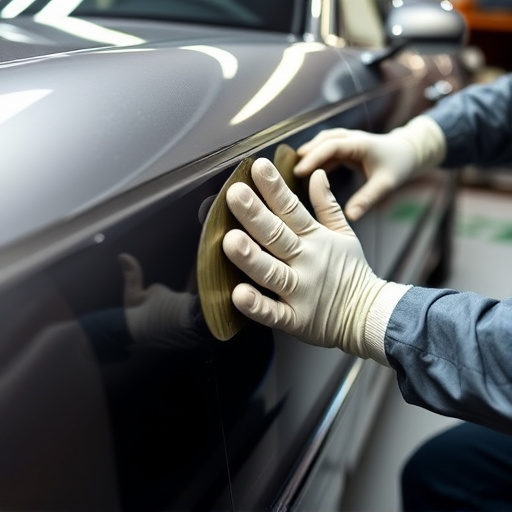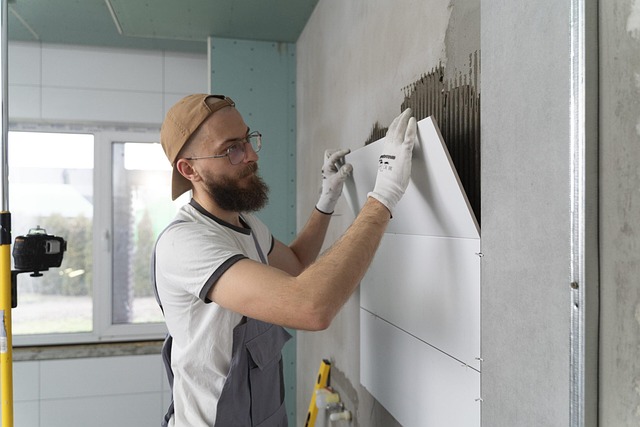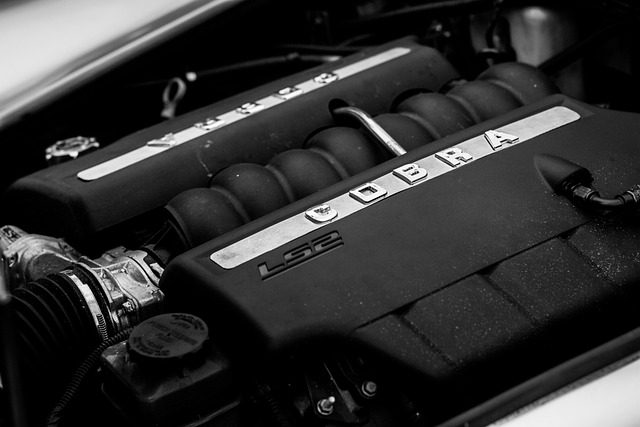Collision repair audits are comprehensive evaluations of auto body shops, focusing on work quality, industry standards, and customer satisfaction throughout the repair process. These audits significantly impact public perception, with positive outcomes enhancing shop reputations through transparency. Shops must prepare for audits by addressing areas for improvement to maintain competitive edges, including auto glass and body painting services. Effective management of audit findings involves creating action plans, implementing improvements, and fostering positive customer relationships through open communication, leading to improved post-audit reviews.
Collision repair audits are transforming the automotive industry by holding shops accountable for quality and transparency. These rigorous evaluations, often conducted by insurance companies or third-party experts, assess every aspect of a repair job—from material usage to technician skills. This article delves into the profound impact of these audits on collision repair shops’ reputations and online reviews. We explore strategies to navigate post-audit outcomes, ensuring customer satisfaction and maintaining a positive digital presence. Understanding collision repair audits is key to thriving in this competitive landscape.
- Understanding Collision Repair Audits: The Basics
- How Audits Affect Shop Reputation and Customer Reviews
- Strategies for Managing and Improving Post-Audit Outcomes
Understanding Collision Repair Audits: The Basics

Collision repair audits are comprehensive evaluations of auto repair shops, particularly those specializing in auto dent repair and auto bodywork. These audits assess the quality of work, adherence to industry standards, and customer satisfaction within the shop. It’s a process where professionals from regulatory bodies or third-party organizations inspect every aspect of the collision repair process, from initial assessment to final vehicle handover. The primary goal is to ensure that auto repair shops maintain high standards, delivering exceptional service that meets or exceeds customer expectations.
By implementing collision repair audits, consumers can be assured of the shop’s competence in handling auto bodywork repairs. It also encourages auto repair shops to uphold their reputation by consistently providing quality services, fostering trust among customers. These audits play a pivotal role in maintaining transparency and integrity within the industry, making it easier for folks to find reliable auto dent repair services without any hidden costs or subpar workmanship.
How Audits Affect Shop Reputation and Customer Reviews

Collision repair audits have a profound impact on how the public perceives collision repair shops and their offerings. A well-conducted audit, focusing on quality control and customer satisfaction, can significantly enhance a shop’s reputation. It demonstrates a commitment to excellence and transparency, fostering trust among potential customers. Positive outcomes from such audits often translate into glowing reviews, as satisfied clients are more likely to share their experiences, recommending the collision repair shop to others.
Conversely, negative audit findings can mar a collision repair shop’s image and influence customer reviews. Customers increasingly rely on online reviews to gauge service quality before choosing a repair shop. Unfavorable audit results, indicating subpar work or poor service, may lead to bad reviews, lower ratings, and a loss of potential business. Thus, collision repair shops must prepare for audits, addressing areas for improvement to ensure customer satisfaction and maintain a positive reputation in the competitive market for collision repair services, including auto glass repair.
Strategies for Managing and Improving Post-Audit Outcomes
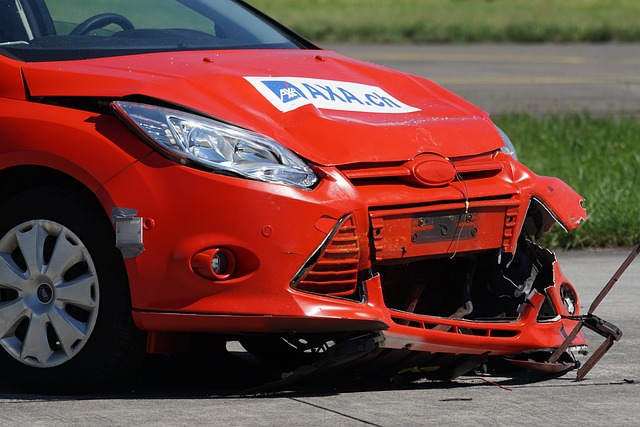
After a collision repair audit, managing the subsequent outcomes is key to maintaining and enhancing a shop’s reputation. The first step involves a thorough review of the audit findings, identifying areas for improvement in processes, staff training, and customer satisfaction. Shops should create an action plan addressing each noted issue, setting realistic goals and timelines for resolution. This demonstrates proactive engagement with quality control and customer experience.
Implementing these changes effectively can lead to improved post-audit reviews, reflecting enhanced service standards in auto collision repair, including auto body painting and overall shop operations. Regular staff training sessions on best practices, new technologies, and industry updates can further solidify the shop’s commitment to excellence. Encouraging open communication with customers throughout the repair process can also mitigate potential concerns, fostering positive relationships and encouraging honest reviews.
Collision repair audits, while stringent, play a pivotal role in maintaining quality standards within the industry. By carefully managing post-audit outcomes, shops can capitalize on these assessments to bolster their reputation and foster positive customer reviews. Through implementing strategic measures, such as addressing identified issues promptly and transparently communicating with clients, businesses can transform potential drawbacks into opportunities for growth and enhanced credibility.
